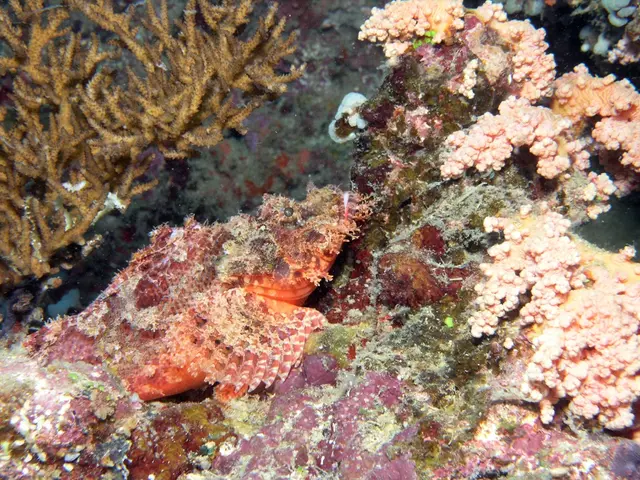Heat Exchangers Key to Efficient Organic Waste Treatment
Organic waste streams, like digestates and sludges, present unique challenges in processing due to their high viscosity and potential for fouling. Selecting the right heat exchanger is crucial for efficient treatment and product quality.
Heat exchangers play a vital role in wastewater, anaerobic digestion, and waste treatment sectors, facilitating heating, pasteurization, and evaporation. However, organic waste streams require careful consideration due to their physical properties.
Most organic waste streams exhibit high viscosity, making them more resistant to flow and increasing the energy needed for pumping and movement. This high viscosity also raises the risk of fouling pipework and heat exchangers. The viscosity of these materials increases with solids content and is influenced by temperature.
Scraped surface heat exchangers (SSHEs) are particularly suitable for the most viscous materials, especially during evaporation processes. On the other hand, double-tube heat exchangers are ideal for low viscosity sludges with suspended solids. Corrugated tube heat exchangers minimize fouling, enhance thermal efficiency, and extend operational periods between cleanings.
The HRS Digestate Concentration System (DCS) effectively reduces water content in digestate and sludge, producing a material with 20% dry solids. This concentration process is crucial for improving the material's 'strength' or mechanical stability, which is vital for processing and recycling organic waste, especially when compacted or used for further applications like compost or biogas production.
Understanding the viscosity and fouling potential of organic waste streams is key to selecting the right heat exchanger for effective processing. By choosing appropriate heat exchangers, such as SSHEs, double-tube, or corrugated tube exchangers, and implementing systems like the HRS DCS, the waste treatment industry can enhance operational efficiency, improve product quality, and reduce maintenance costs.
Read also:
- Senate Tillis under spotlight in North Carolina as IRA tax incentives remain uncertain
- projected growth for the natural acetoin market: $291.6 million by 2034
- Latest Edition of Bus-News Magazine Arrives for 2023!
- Testing the Camp Mode of the 2025 Tesla Model Y with Juniper's interior housing two kids, shockingly low CO2 levels were discovered.








